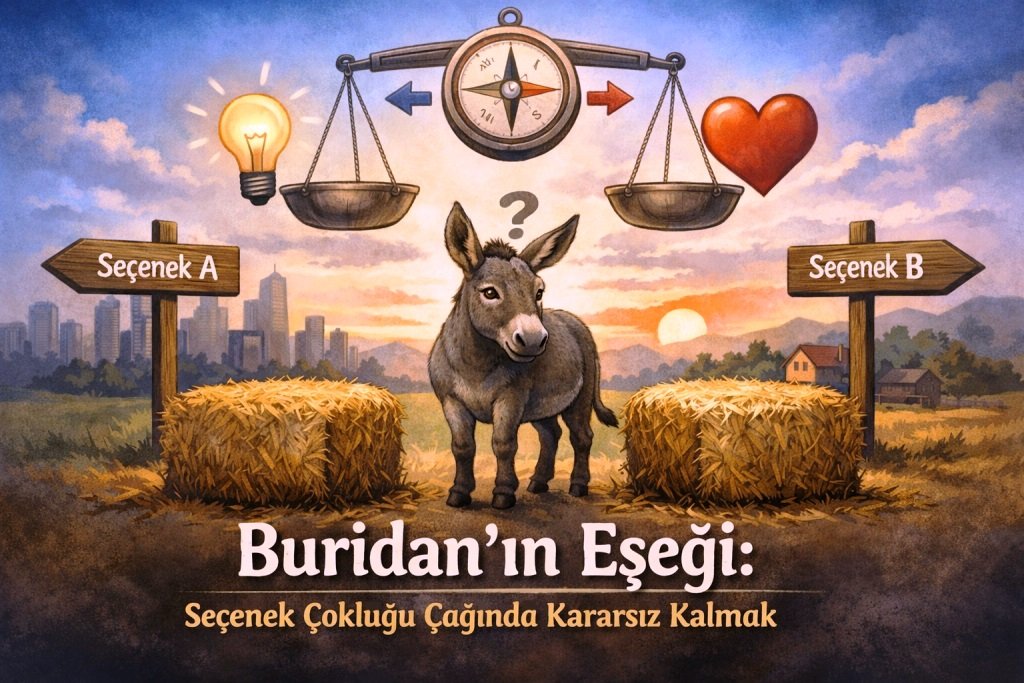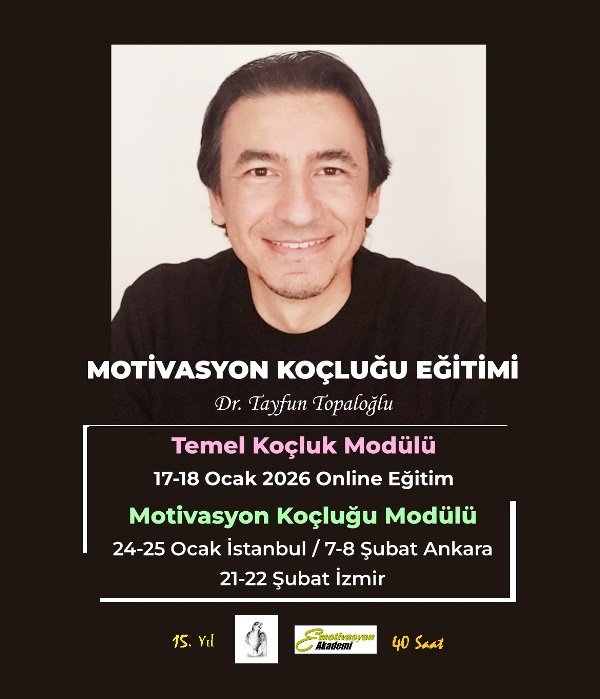Close your eyes and try to remember a face you saw today. It could be someone you know very well, someone you've just met and impressed you, or a face you've seen in a magazine or movie. Now open your eyes and write down the description of the face you remember. Write down every detail you can think of.
If you were to read your recipe to someone else, could it clearly envision what you wrote, the face you are describing? Can people who know the person you describe make a correct guess? Which is certain; Is it the recipe you envision with your eyes closed or the recipe you put on paper? Inside our heads, there is a whole world that has nothing to do with words, but consists entirely of what we perceive. Describing how we feel or telling someone about the dream we had last night can never come close to the core of our experience, because the intelligence of our rational mind, which thinks in words, is not one of the sensory tools I mentioned earlier. However, it is a tool for analysis.
Putting our insight or intuition into words damages what we perceive. Jonathan Schooler, a psychologist at the University of Pitsburg, defines trying to explain pure perceptions with words as "putting a shadow on the word".
When we try to describe a face we see, the left side of your brain that thinks in words overshadows the right side, which preserves visual memories.
Dr. Schooler has volunteers watch thirty seconds of video footage of the thief robbing a bank. Half of the subjects, who were busy with different tasks for twenty minutes, are asked to describe the face of the thief. Before watching the video, volunteers were asked to pay attention to the thief's face and, if necessary, to take notes to help them remember. Meanwhile, the other half of the group is assigned a topic that has nothing to do with the video.
Next, all volunteers are asked to identify the thief from among the eight photographs. While one-third of the recipe writers were correct, two-thirds of those who did not take notes correctly identified the thief. Compared to those who did not take notes, the memories of the thief's face were faded in the memory of those who took notes.
This study shows that rational assessments of a situation that are fluent, nonverbal, immediate, and in the moments when the best decisions can be taken cause significant loss of meaning. Analyzing everything with a rational mind prevents us from understanding what is really going on. The fact that the word overshadows the meaning of events shakes the view that language is essential for understanding.
Ray Dodd - "Belief System"
Source: Ray Dodd (2007), Belief System – The Art of Living Your Dreams (Trans: Rüya Koray) Kuralsız Yayıncılık, İstanbul.







